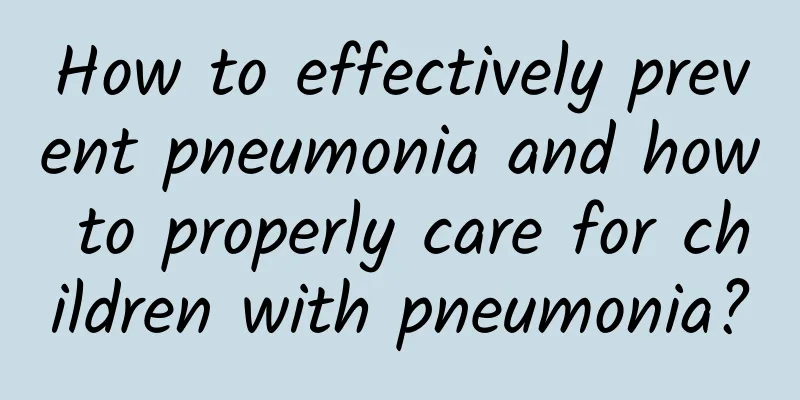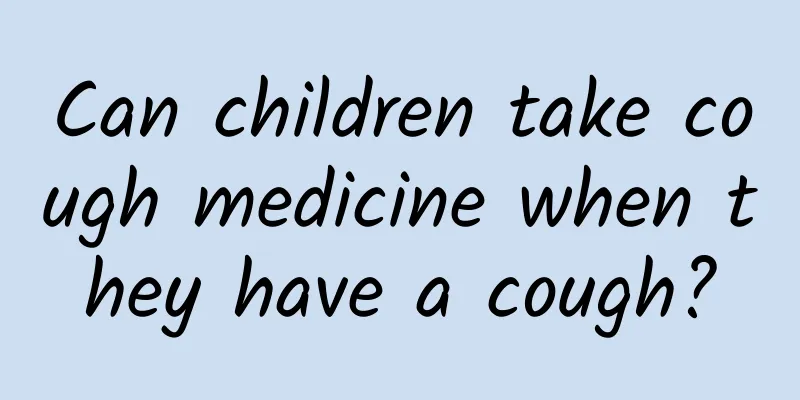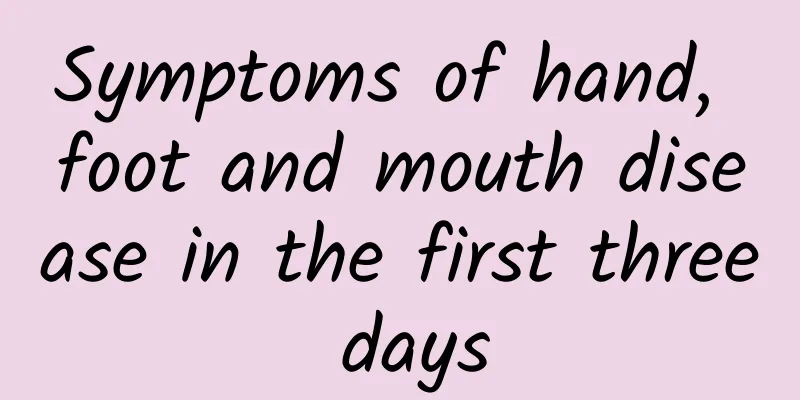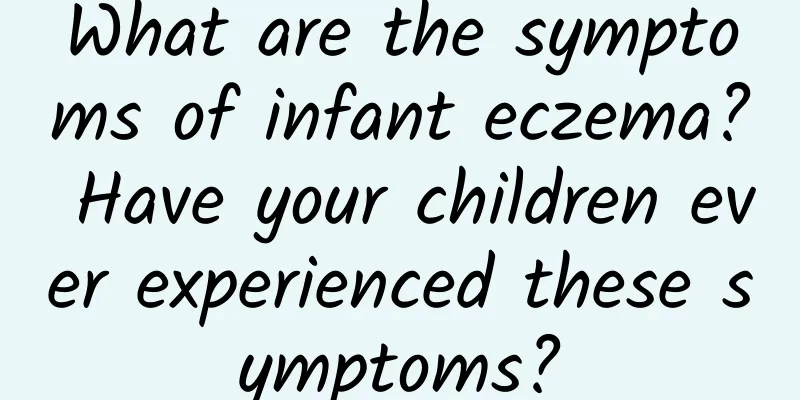Causes of hand, foot and mouth disease in adults
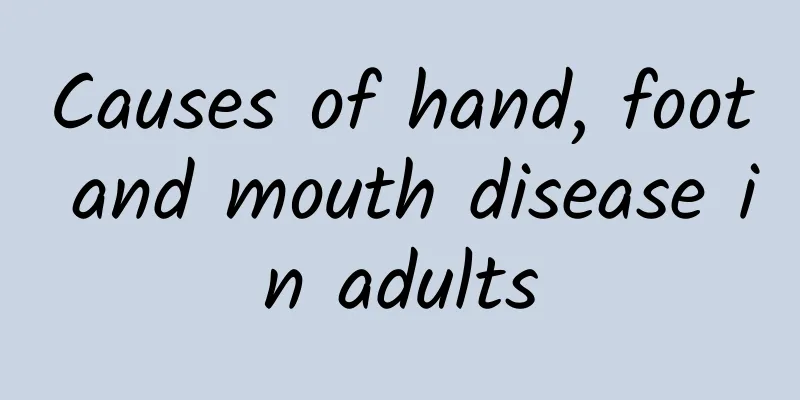
|
The main reasons why adults may get hand, foot and mouth disease include direct contact with viral infection sources, low immunity, poor environmental hygiene, etc. The pathogens that cause this disease are mostly enteroviruses, which have diverse and hidden transmission routes. Although adults have strong resistance, they may still get sick due to virus exposure and immune deficiency. 1. Transmission characteristics of the virus: Hand, foot and mouth disease is caused by enteroviruses such as Coxsackie virus and EV71, which are highly contagious and spread through contact with patients' droplets, secretions, feces or contaminated objects. Adults are often infected with the virus through close contact with sick children, caring for sick children or sharing tableware. 2. Immunity factors: Although adults usually have strong resistance, some people, such as pregnant women, people who are overly tired, and workers under long-term stress, may have reduced immunity and are more susceptible to the virus. Some people may not have been infected with the corresponding virus as children and lack immune protection against these pathogens. 3 Environmental factors: The virus has a strong ability to reproduce in a hot and humid environment. If the living environment is poorly ventilated or the sanitary conditions are poor, the virus is more likely to spread through the air or contact. In addition, some public places such as swimming pools may also become high-incidence areas for virus transmission. The following measures are recommended for hand, foot and mouth disease in adults: Avoid contact with infected people: Wear a mask and gloves when caring for patients, wash hands frequently, and avoid sharing eating utensils. Improve immunity: Maintain a regular schedule, consume more foods containing vitamin C and protein, such as citrus fruits, lean meat, eggs, etc., and strengthen physical exercise. Improve environmental hygiene: Regularly disinfect high-frequency contact items such as toys and door handles, and maintain good ventilation to reduce the possibility of virus retention. Although hand, foot and mouth disease in adults generally has mild symptoms, including fever, rash and mouth ulcers, it may cause more serious complications for special groups such as pregnant women or people with very low immunity. Once similar symptoms occur, you should go to the hospital in time and receive treatment advice from a specialist. The key to preventing adults from contracting hand, foot and mouth disease is to maintain good personal hygiene habits and improve immunity. Developing the habit of washing hands frequently, avoiding contact with pathogens and maintaining a healthy lifestyle can help reduce the risk of infection and protect overall health. |
<<: What are the symptoms of hand, foot and mouth disease in adults?
>>: What are the symptoms of mumps
Recommend
What is jaundice?
What is jaundice? 1. Jaundice is a symptom and si...
What should an eight-month-old baby eat to cure a cough with phlegm? What complementary food is better for an eight-month-old baby with a cough?
If your baby has a cough and phlegm, you need to ...
Is infectious jaundice serious? Can hemolytic jaundice be cured?
Most people probably know that jaundice in childr...
What is the syrup used in western medicine to treat children's colds?
Children's colds can usually be treated with ...
What should children eat when they have a cold and cough? There are 4 dietary treatments for babies with colds and coughs
Infants have incomplete functional development in...
What kind of discomfort will children experience when they are given a patch for diarrhea? What Chinese medicine can be used to treat diarrhea in children?
Chinese medicine patch is a method of clinical Ch...
What are the symptoms of indigestion in children? Pay more attention to these symptoms.
Children's body functions are not as perfect ...
Is it normal for a newborn to have jaundice level of 16?
Is a neonatal jaundice value of 16 normal? The no...
Will polio recur after recovery?
Polio is a very common pediatric disease. Many pa...
The best way to care for children with pneumonia
Pneumonia itself is very harmful to our health. I...
The main symptoms of polio
We all know the harm of polio. This disease bring...
What to do if your child has a cold
Cold is one of the common diseases in children, u...
What should we pay attention to in preventing pneumonia in children?
Many people know that pneumonia is more serious t...
How to detect early Kawasaki disease
How to detect early Kawasaki disease? When it com...
What are the precautions for acute laryngitis in children?
What are the precautions for acute laryngitis in ...
